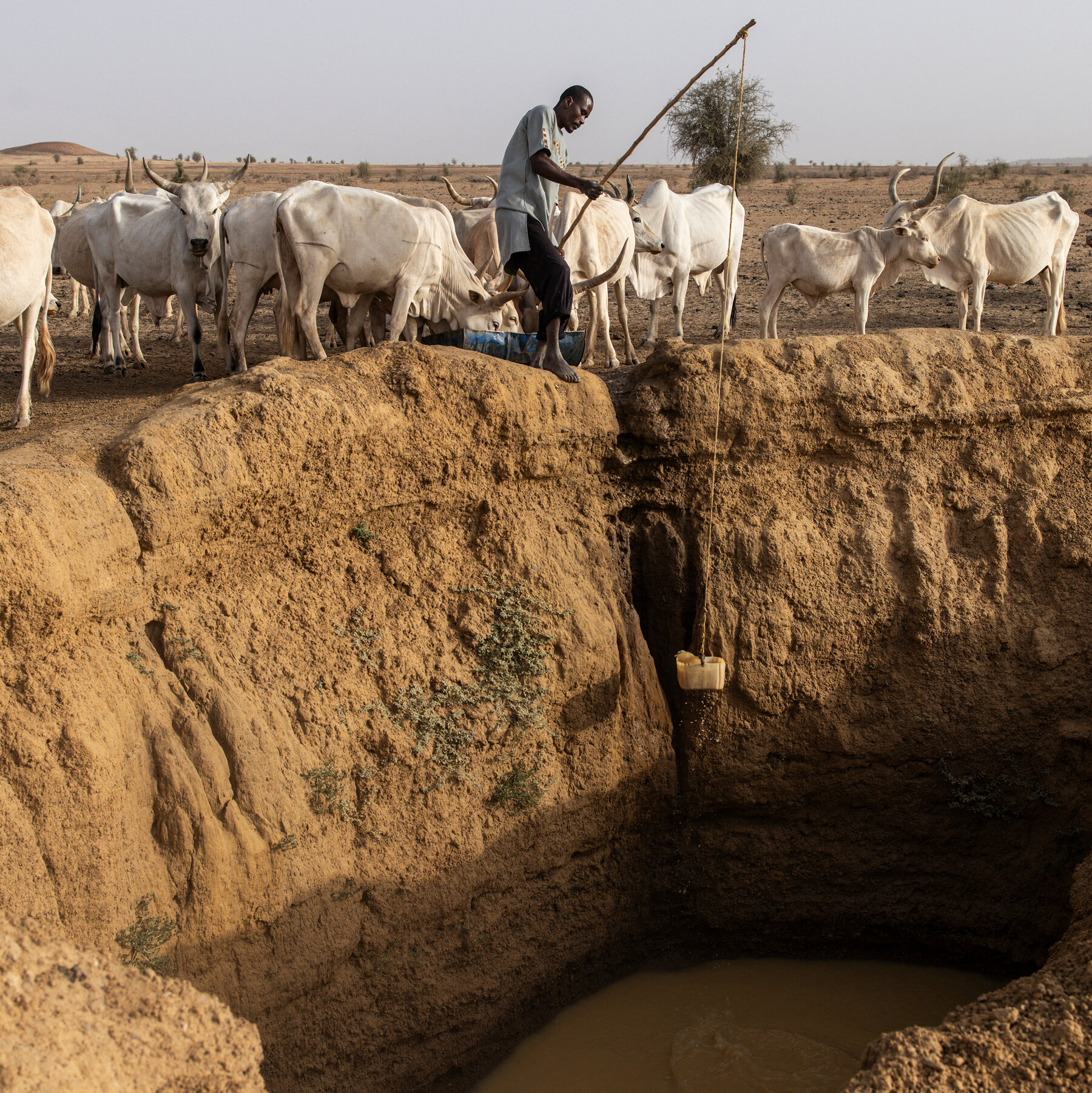Science
Funding for Climate Disaster Relief Faces Significant Decline

The United Nations has reported a concerning decline in financial support aimed at helping developing countries cope with the impacts of climate change. A recent assessment reveals that the commitment made by wealthier nations in 2021 to increase funding for climate adaptation is unlikely to be fulfilled. This shortfall poses significant challenges for nations already grappling with the devastating effects of global warming.
According to the U.N. report, richer countries pledged to allocate $100 billion annually to assist poorer nations in adapting to climate-induced disasters. However, the latest financial data indicates that contributions have not risen sufficiently to meet this target. This trend highlights a growing gap between promises made and the actual funds delivered, undermining efforts to support vulnerable populations.
The U.N. report emphasizes that without adequate funding, developing countries are at risk of facing escalating climate-related challenges. These nations often lack the necessary resources to invest in infrastructure, technology, and disaster preparedness. As a result, they remain disproportionately affected by extreme weather events, rising sea levels, and other climate impacts.
In recent years, some countries have made strides in addressing climate change, but the overall financial assistance landscape remains grim. The report notes that funding for climate adaptation efforts has decreased by approximately 25% since its peak. This decline is particularly troubling given the increasing frequency and intensity of climate disasters worldwide.
Moreover, the U.N. points out that the international community must take immediate action to reverse this trend. Policymakers are urged to prioritize climate financing in their national budgets and to collaborate on innovative solutions for sustainable development. The need for increased investment is particularly urgent as the consequences of climate change become more pronounced.
The implications of declining financial support extend beyond immediate disaster relief. Long-term adaptation strategies are essential for building resilience in vulnerable communities. Failure to provide adequate funding could jeopardize progress made in poverty alleviation and sustainable development, thus exacerbating existing inequalities.
As discussions continue among global leaders, the U.N. stresses the importance of accountability and transparency in climate financing. Stakeholders must ensure that funds are effectively allocated to the communities that need them most. By doing so, the international community can work towards a more equitable and sustainable future.
In conclusion, the U.N.’s findings serve as a wake-up call for rich nations to honor their commitments to climate finance. With the stakes higher than ever, the time for meaningful action is now. The future of countless lives and ecosystems hangs in the balance as countries face the urgent challenge of adapting to an increasingly volatile climate.
-

 Business2 weeks ago
Business2 weeks agoIconic Sand Dollar Social Club Listed for $3 Million in Folly Beach
-

 Politics2 weeks ago
Politics2 weeks agoAfghan Refugee Detained by ICE After Asylum Hearing in New York
-

 Health2 weeks ago
Health2 weeks agoPeptilogics Secures $78 Million to Combat Prosthetic Joint Infections
-

 Science2 weeks ago
Science2 weeks agoResearchers Achieve Fastest Genome Sequencing in Under Four Hours
-

 Lifestyle2 weeks ago
Lifestyle2 weeks agoJump for Good: San Clemente Pier Fundraiser Allows Legal Leaps
-

 Health2 weeks ago
Health2 weeks agoResearcher Uncovers Zika Virus Pathway to Placenta Using Nanotubes
-

 World2 weeks ago
World2 weeks agoUS Passport Ranks Drop Out of Top 10 for First Time Ever
-

 Science2 weeks ago
Science2 weeks agoMars Observed: Detailed Imaging Reveals Dust Avalanche Dynamics
-

 Entertainment2 weeks ago
Entertainment2 weeks agoJennifer Lopez Addresses A-Rod Split in Candid Interview
-

 Business2 weeks ago
Business2 weeks agoSan Jose High-Rise Faces Foreclosure Over $182.5 Million Loan
-

 World2 weeks ago
World2 weeks agoRegional Pilots’ Salaries Surge to Six Figures in 2025
-

 Top Stories2 weeks ago
Top Stories2 weeks agoChicago Symphony Orchestra Dazzles with Berlioz Under Mäkelä









